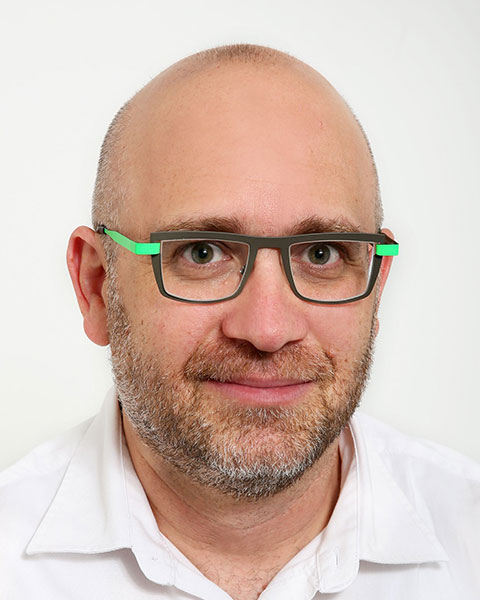Category: Basic Science
Poster Session IV
(927) Embryonic Renal Agenesis and its Cellular and Molecular Effects on Gonad Development
Congenital Renal Agenesis is associated with increased rates of genital anomalies including gonadal dysgenesis and hypo-plastic gonad. The gonad develops in a close spatial-temporal proximity with the embryonic kidney (EK). While interactions with the surrounding mesenchymal tissue during somatic gonad formation have been well established, the contribution of the EK to the process is not well defined. We use the chick embryo in order to manipulate the development of EK to understand its potential cellular and molecular contributions to the differentiation and specification of somatic gonad.
Study Design:
The chick embryo is accessible for anatomical and genetic manipulations. By unilateral blocking of the migration of the nephric duct, we developed a novel model resembling congenital unilateral renal agenesis. Molecular analysis using the mesonephric marker Pax2 was used to confirm complete absence of the mesonephros on the blocked side. The contralateral mesonephros and gonad, where the nephric duct was not blocked, served as a control. Histological analysis was used to describe the spatio-temporal expression of early Indifferent-gonadal markers including SF-1 and LHX9.
Immunofluorescence microscopy and molecular gonad markers were used to analyze the cellular and molecular effects on the ipsilateral developing gonad.
Results: Complete inhibition of mesonephros formation did not affect the timing of appearance of the early indifferent gonad markers Lhx9 and Sf1. However, their spatial expression patterns were altered, and the germinal epithelium was markedly thinner on the blocked side. No alteration in apoptosis was demonstrated. The migration of PGC’s (Primordial Germ Cells) into the gonadal epithelium occurred relatively normally.
Conclusion:
We conclude that the mesonephros does not affect the early stages of indifferent gonad formation and the homing of PGC’s to the developing gonad, although it may influence the gonadal growth rate and shape. In ongoing studies we are growing embryos for longer periods of time to evaluate if dysgenesis of the EK influences later stages of gonad formation.
.jpg)
Alaa A. Arraf, MD, PhD
Resident of Gynecology And Obstetrics
Rambam Health Care Campus
Haifa, Hefa, Israel- is
itzik sibony, MA
Master Degree in Medical Science
Technion- Israel Institute of Technology
Haifa, Israel, Israel 
Yuval Ginsberg, MD (he/him/his)
Deputy Ob/Gyn department
Rambam Medical Health Campus
Haifa, Israel- TS
Thomas M. Schultheiss, MD, PhD
Associate Professor in the department of Genetics and developmental biology
Rappaport Faculty of Medicine - Technion Israel Institute of Technology
Haifa, Israel, Israel

.png)
